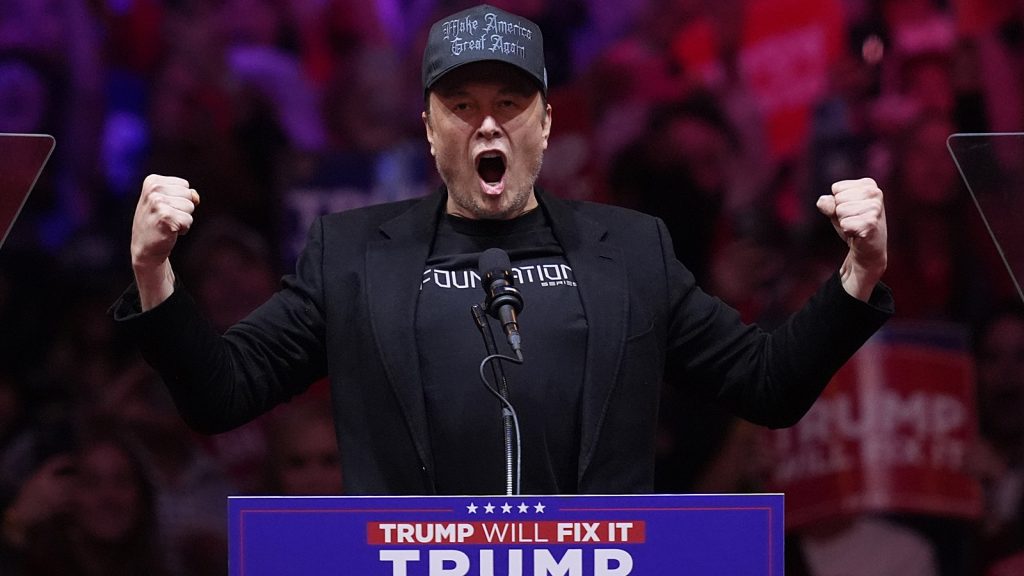
Elon Musk-Donald Trump Bromance Could Shape Future of Digital Data Flows
The growing alliance between Elon Musk and former President Donald Trump is set to redefine digital data flows. As the global economy increasingly relies on technology, their partnership may influence U.S. domestic policies and reshape international relations regarding digital trade.
Impact on U.S. Policies
During Trump’s presidency, tensions flared between the U.S. and India over data localization policies. These policies required companies to store local user data within the country. India aimed to strengthen its digital economy while limiting foreign tech influence. If Trump returns to power, experts predict a shift back to advocating for deregulated data flows, similar to his administration’s stance in 2019.
Elon has publicly supported Trump, signaling a commitment to align his business interests with those of the former president. This relationship may lead to policy changes that favor large tech firms like Tesla by reducing regulatory barriers that restrict data sharing.
Global Implications
The implications of this partnership extend beyond U.S. borders. Countries like India strive to create robust digital economies by promoting local tech champions and reducing reliance on American firms. If a Trump administration prioritizes deregulation and pushes for international agreements favoring free data flows, it could undermine these efforts.
For example, India’s Reserve Bank previously mandated that payment providers store Indian user data locally. New U.S.-led policies promoting unrestricted data movement could challenge this requirement.
The Race for Data
The global race for data intensifies as artificial intelligence (AI) technologies become central to economic growth. Companies like Tesla need vast amounts of diverse data to develop effective AI systems, making access to international datasets crucial. Elon Musk’s recent negotiations with China for cross-border data sharing highlight this need. Such agreements could enhance Tesla’s self-driving technology development while leaving markets like India at a disadvantage if they maintain strict localization laws.
Potential Conflicts
The potential for conflict is evident as Elon Musk’s influence grows alongside Trump’s political resurgence. The former president’s administration could leverage its power at the World Trade Organization (WTO) to advocate for rules favoring American tech giants while sidelining developing nations seeking to protect their local industries.
Critics argue that while deregulation may benefit companies like Tesla, it poses risks for smaller firms and emerging markets striving to establish their own digital ecosystems. The disparity in access to data between established tech firms and local startups could widen if policies favor larger corporations over local innovation.
Elon Musk’s Role in Public Opinion
As the 2024 elections approach, Musk’s role in shaping public opinion through social media platforms like X (formerly Twitter) cannot be overstated. His ability to reach millions with messages supporting Trump amplifies their partnership’s impact on voter sentiment and policy discussions surrounding technology and trade.
In conclusion, the evolving relationship between Elon Musk and Donald Trump presents both opportunities and challenges for the future of digital data flows globally. As they navigate this complex landscape together, their actions will likely reverberate through international trade agreements and domestic regulations affecting how data is shared across borders.

